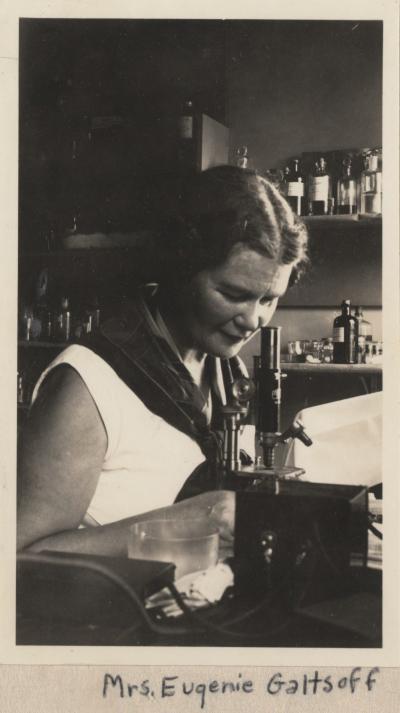Matching Items (2,877)
Filtering by
- Creators: Arizona Board of Regents

Description
Protectors who do harm are often punished more severely because their crime is perceived as a betrayal of trust. Two experiments test whether this will generalize to protectors who incur harm while serving in their protective role, and if not, whether collective guilt for the harm they suffered provides an explanation. Study 1 tested competing hypotheses that a veteran (versus civilian) with PTSD would be punished either more harshly because of the trust betrayal, or more leniently because of increased guilt about the harm the veteran suffered during war. Men and women were both more lenient toward a veteran (versus civilian) but this effect was mediated by collective guilt only among men. In Study 2, guilt inductions increased leniency among participants less likely to classify the veteran as an in-group member (women, low national identifiers), but not in those who are more likely to classify the veteran as an in-group member (men, high national identifiers), who were lenient without any guilt inductions.
ContributorsJay, Alexander Charles (Author) / Salerno, Jessica M (Thesis advisor) / Schweitzer, Nicholas (Committee member) / Hall, Deborah (Committee member) / Arizona State University (Publisher)
Created2015

ContributorsMarine Biological Laboratory Archives (Publisher) / Arizona Board of Regents (Publisher)
Created1925-19-39 (uncertain)

ContributorsMarine Biological Laboratory Archives (Publisher) / Arizona Board of Regents (Publisher)
Created1934

ContributorsMarine Biological Laboratory Archives (Publisher) / Arizona Board of Regents (Publisher)
Created1926

ContributorsMarine Biological Laboratory Archives (Publisher) / Arizona Board of Regents (Publisher)
Created1926

ContributorsMarine Biological Laboratory Archives (Publisher) / Arizona Board of Regents (Publisher)
Created1926

ContributorsMarine Biological Laboratory Archives (Publisher) / Arizona Board of Regents (Publisher)
Created1928

ContributorsWallace, Charles (Contributor) / Walls, Sarah (Creator) / Arizona State University. School of Life Sciences. Center for Biology and Society. Embryo Project Encyclopedia. (Publisher) / Arizona Board of Regents (Publisher)
Created2022-01-12

Description
Human Papillomavirus, or HPV, is a viral pathogen that most commonly spreads through sexual contact. HPV strains 6 and 11 normally cause genital warts, while HPV strains 16 and 18 commonly cause cervical cancer, which causes cancerous cells to spread in the cervix. Physicians can detect those HPV strains, using a Pap smear, which is a diagnostic test that collects cells from the female cervix.
ContributorsSantora, Emily (Contributor) / Walls, Sarah (Creator) / Arizona State University. School of Life Sciences. Center for Biology and Society. Embryo Project Encyclopedia. (Publisher) / Arizona Board of Regents (Publisher)
Created2021-04-06
Description
Johann Gregor Mendel studied patterns of trait inheritance in plants during the nineteenth century. Mendel, an Augustinian monk, conducted experiments on pea plants at St. Thomas’ Abbey in what is now Brno, Czech Republic. Twentieth century scientists used Mendel’s recorded observations to create theories about genetics.
ContributorsWallace, Charles (Contributor) / Walls, Sarah (Creator) / Arizona State University. School of Life Sciences. Center for Biology and Society. Embryo Project Encyclopedia. (Publisher) / Arizona Board of Regents (Publisher)
Created2022-01-13